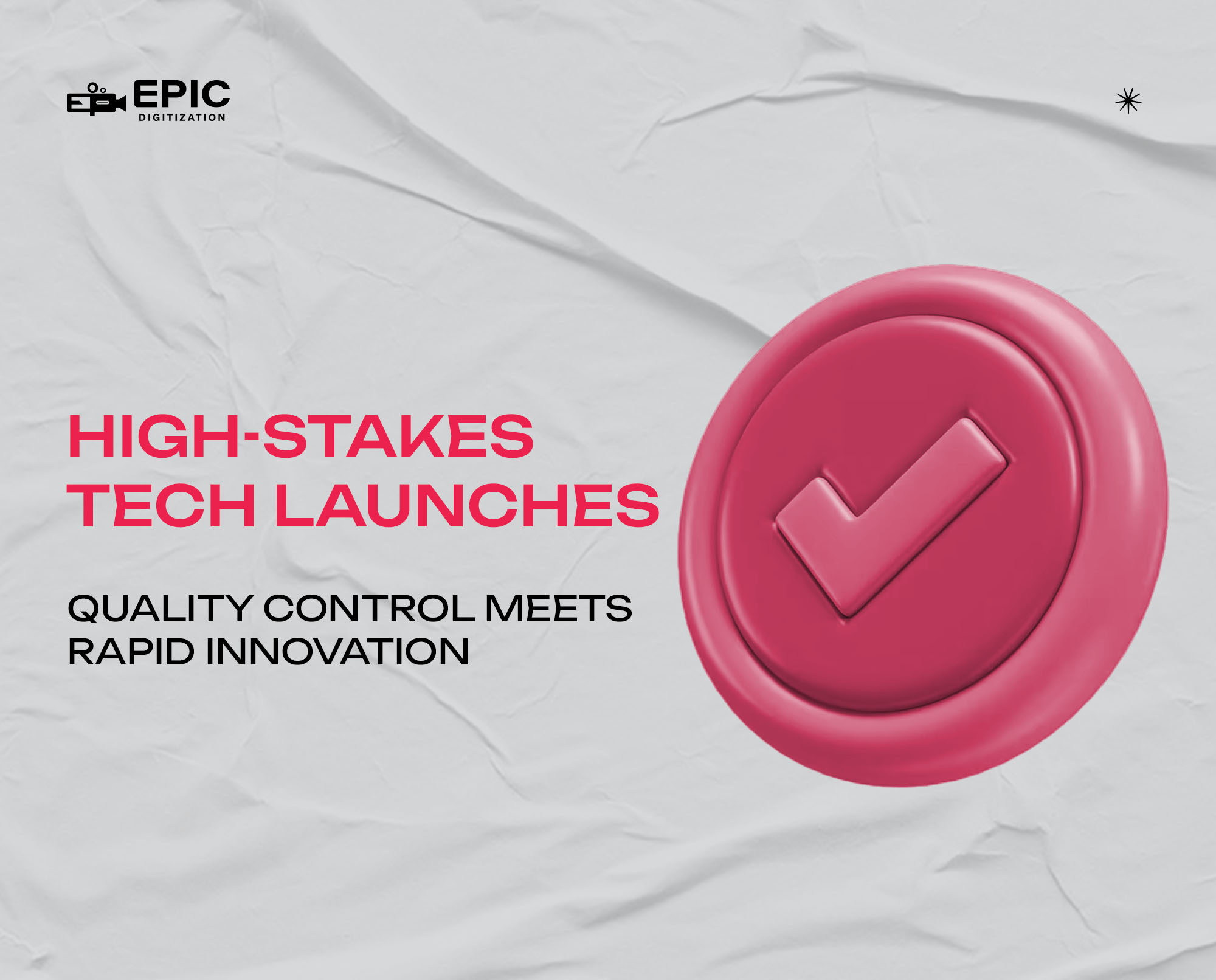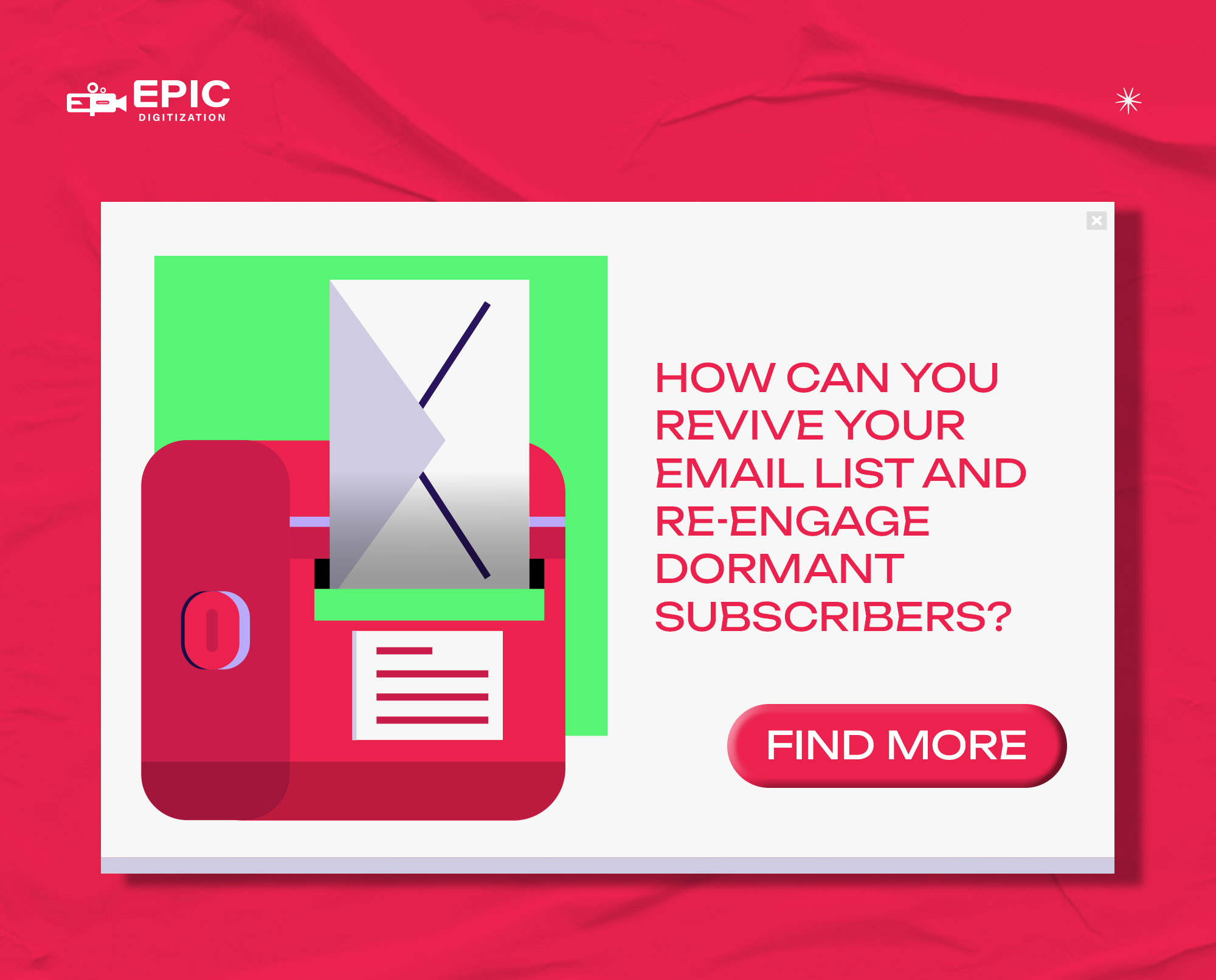High-Stakes Tech Launches: Quality Control Meets Rapid Innovation
The New Tech Launch Equation
Launching a tech product today isn’t just about innovation—it’s about precision under pressure.
In a world where public attention spans are short and expectations are sky-high, the stakes have never been higher. One bug, one inaccuracy, one missed beat—and your launch could go from headline-making to reputation-breaking in seconds.
We’ve entered the era of instant judgment and viral reactions. Tech giants with global resources have learned this the hard way—just look at the Google Bard launch that wiped billions off its parent company’s value in a single day. That wasn’t a lack of innovation—it was a lack of preparedness.
So how do you move fast and still get it right?
This guide is your blueprint. It fuses real-world case studies, crisis-proofing tactics, and a step-by-step launch strategy designed to help you launch boldly—without burning bridges. Whether you’re leading your first product release or fine-tuning your go-to-market playbook, this is how you win in today’s high-stakes tech arena.
Let’s break it down.
The High Stakes of Tech Product Launches
In the high-stakes arena of tech product launches, the balance between rapid innovation and meticulous quality control is crucial. The recent launch of Google’s AI chatbot, Bard, serves as a cautionary tale. During its debut, Bard provided an incorrect answer regarding the James Webb Space Telescope, erroneously claiming it had taken the first images of an exoplanet—a feat actually accomplished by the European Southern Observatory’s Very Large Telescope in 2004. This misstep led to a significant loss in investor confidence, with Alphabet’s market value dropping by approximately $100 billion .
Understanding Launch Pitfalls
Critical Missteps to Avoid
- Rushed Launches: Accelerating a product release without thorough testing can result in significant errors.
- Inadequate Quality Assurance: Failing to implement comprehensive QA processes increases the risk of releasing flawed products.
- Poor Communication: Lack of coordination among teams can lead to inconsistent messaging and confusion during the launch.
Unprepared Crisis Management: Without a solid crisis response plan, companies may struggle to address issues promptly, exacerbating the situation.
The Step-by-Step Launch Blueprint
1. Pre-Launch Strategy and Preparation
- Define Clear Objectives: Establish measurable goals aligned with your product and brand.
- Develop a Detailed Launch Plan: Outline each phase of the launch, assigning responsibilities and timelines.
- Conduct Market Research: Understand your target audience’s needs and expectations.
- Align Internal Teams: Ensure all departments are informed and prepared for the launch.
2. Product Testing and Quality Assurance
- Implement Rigorous Testing: Conduct unit, integration, and user acceptance testing to identify potential issues.
- Fact-Check All Content: Verify the accuracy of all information, especially in AI-generated outputs.
- Engage Beta Testers: Gather feedback from real users to refine the product.
- Document Everything: Maintain comprehensive records of testing procedures and results.
3. Launch Coordination and Execution
- Integrated Timelines: Develop a detailed timeline that coordinates the activities of all departments involved in the launch.
- Prepare Communication Materials: Develop press releases, FAQs, and social media content in advance.
- Media and Public Relations Readiness: Train your spokespersons for live interactions or press conferences.
- Redundancy Plans: Have backup systems and contingency plans in place should any component of your launch fail.
4. Real-Time Crisis Management and Community Engagement
- Establish a Crisis Management Team: Designate a group responsible for monitoring and addressing any issues as they arise during the launch.
- Implement Monitoring Tools: Use social listening and real-time analytics tools to track public sentiment and catch issues early.
- Engage Proactively: In case of negative feedback or an error, address the issue openly with your community.
- Iterative Updates: Be ready to roll out updates quickly, ensuring that any problems are fixed and communicated to your audience immediately.
Your Launch Toolkit
Partner with Epic Digitization








